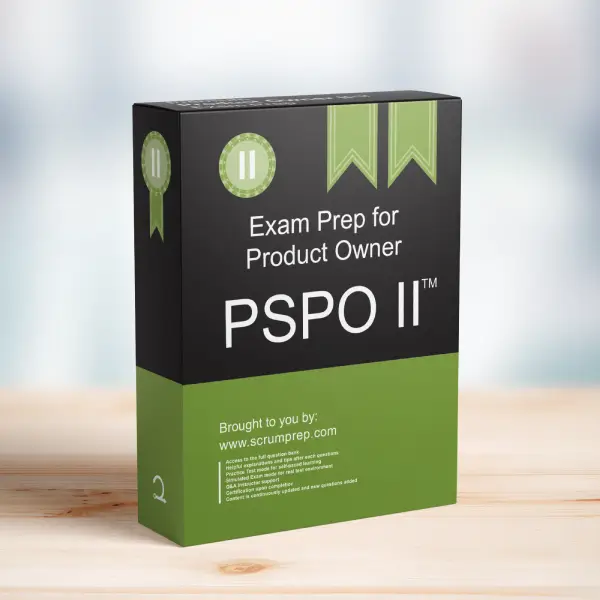True Statements About Scrum
Scrum is a well-defined framework that provides structure and guidelines for effective project management and product development. This article explores the fundamental truths about Scrum.
Exam Question
Which of the following is true about Scrum?
(choose all that apply)
A. Scrum is a methodology, where you can “pick and choose” which parts of Scrum you think will work for your environment.
B. Scrum is like traditional processes but with self-management to replace Project Managers.
C. Scrum is a framework for generating value through adaptive solutions for complex problems.
D. Scrum is based on empiricism.
E. Each component of Scrum serves a specific purpose and is essential to the successful usage of Scrum for building complex products.
Correct Answers
C. Scrum is a framework for generating value through adaptive solutions for complex problems.
D. Scrum is based on empiricism.
E. Each component of Scrum serves a specific purpose and is essential to the successful usage of Scrum for building complex products.
Explanation
Correct Answers
C. Scrum is a framework for generating value through adaptive solutions for complex problems:
Scrum is designed to help teams address complex problems by providing a flexible and adaptive framework. It emphasizes iterative progress, feedback loops, and continuous improvement to generate value effectively.
D. Scrum is based on empiricism:
Scrum is founded on empirical process control theory, which asserts that knowledge comes from experience and making decisions based on what is known. Empiricism in Scrum involves regular inspection, adaptation, and transparency to manage and improve processes and outcomes.
E. Each component of Scrum serves a specific purpose and is essential to the successful usage of Scrum for building complex products:
Scrum consists of specific roles, events, artifacts, and rules that are all integral to its success. Each component serves a distinct purpose and contributes to the overall effectiveness of the framework. Removing or modifying components can undermine the effectiveness of Scrum.
Incorrect Answers
A. Scrum is a methodology, where you can “pick and choose” which parts of Scrum you think will work for your environment:
Scrum is a framework, not a methodology. While it provides structure, it requires all its components to be implemented as intended to achieve its full benefits. Picking and choosing parts of Scrum can lead to ineffective implementation and poor results.
B. Scrum is like traditional processes but with self-management to replace Project Managers:
Scrum differs significantly from traditional project management processes. It emphasizes self-managing teams, iterative development, and delivering increments of value, rather than adhering to a rigid plan or replacing project managers with self-management alone.
Responsibilities in Scrum
- Product Owner: Maximizes the value of the product by managing the Product Backlog and ensuring that the team is focused on high-priority items.
- Scrum Master: Facilitates Scrum events, ensures adherence to Scrum principles, and helps remove impediments that hinder the team’s progress.
- Developers: Self-manage their work to deliver valuable increments of the product, collaborating with the Product Owner and Scrum Master.
Relevance to the PSPO II Exam
Understanding the core principles and components of Scrum is crucial for the PSPO II exam. It demonstrates knowledge of the framework, its empirical foundation, and the importance of adhering to its structure.
Key Takeaways
- Scrum is a framework designed for generating value through adaptive solutions to complex problems.
- It is based on empiricism, involving regular inspection, adaptation, and transparency.
- Each component of Scrum is essential and serves a specific purpose in the successful implementation of the framework.
- Scrum is not a methodology where parts can be selectively implemented; all components must be used as intended.
Conclusion
Scrum is an empirical framework that requires full adherence to its components to effectively generate value and solve complex problems. For more information on preparing for the PSPO II exam, visit our PSPO II Exam Prep.



